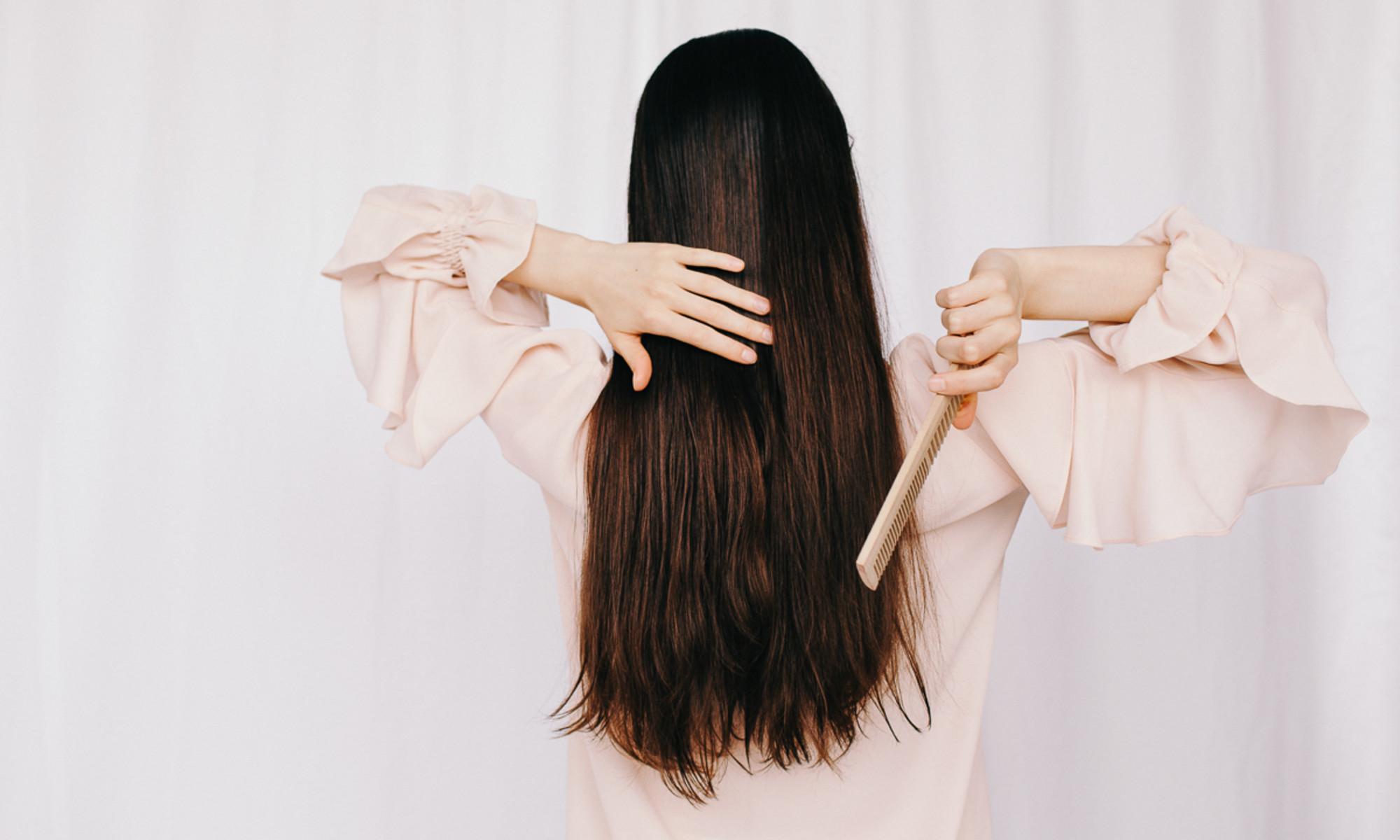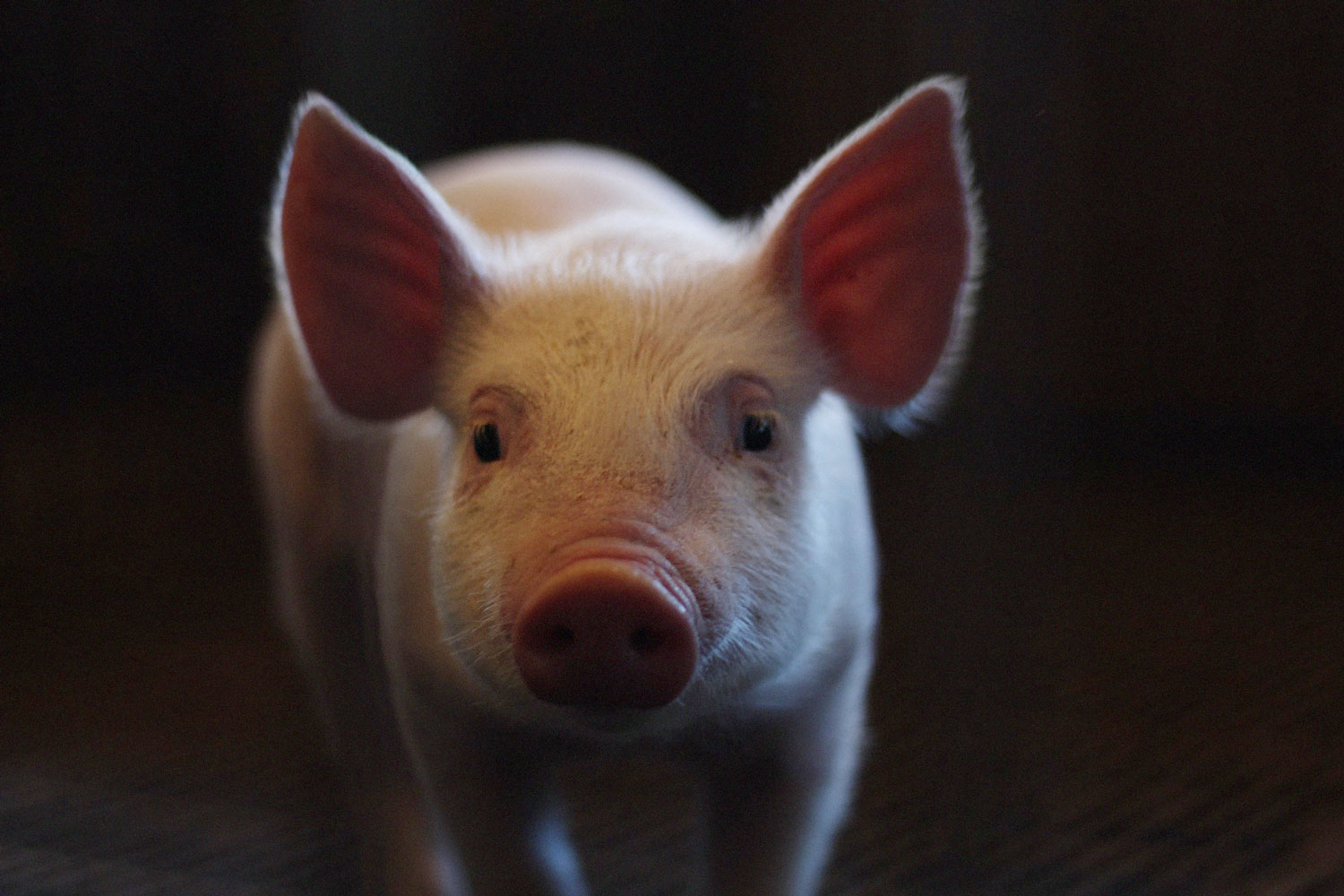How To Make Your Own Hair Growth Spray (And Why It Works)
A timeless remedy.


Assistant Beauty & Health Editor
Assistant Beauty & Health Editor
Hannah Frye is the Assistant Beauty Editor at mindbodygreen. She has a B.S. in journalism and a minor in women’s, gender, and queer studies from California Polytechnic State University, San Luis Obispo. Hannah has written across lifestyle sections including health, wellness, sustainability, personal development, and more.
Image by Sergey Filimonov / Stocksy September 28, 2023 We carefully vet all products and services featured on mindbodygreen using our Our selections are never influenced by the commissions earned from our links. I’m a huge fan of hair growth tips, tricks, and hacks, but not everything is as game-changing as it seems. Case in point: "Hair growth spray" seems to be the new trendy term, according to a recent consumer trend report from Spate, but is there any truth to the name? Here's what you should know.
What is hair growth spray?
It's all in the name: A hair growth spray is simply a spray that stimulates hair growth. However, it’s not entirely clear what ingredients constitute a hair growth spray.
When reviewing the hashtag on TikTok, I noticed most creators using this term are referring to a timeless remedy: rosemary oil for hair growth. Pop that oil into a bottle, dilute it with some water, then it becomes the buzzy hair growth spray.
Rosemary has a long history of use in herbal medicine (it was highly valued in Egypt, Greece, and Rome for its beauty benefits).
Beyond its historical use, rosemary oil has been clinically studied as well, with promising results. See, rosemary is a fabulous herb for stimulating circulation on the scalp—which, in turn, has the potential to spur hair growth.
In fact, a 2015 randomized comparative trial found that rosemary essential oil was just as effective1 as minoxidil (the active ingredient in many commercial hair-growth products) for reversing hair loss caused by androgens—also known as male- or female-pattern baldness—after six months. Hence, why you may see baby hairs popping up if you commit to using rosemary oil or rosemary spray on your scalp.
You can DIY this spray, or you can opt for a pre-formulated hair growth serum with rosemary oil in it (like this one I previously reviewed).
If you prefer to whip it up on your own, follow this easy recipe for a rosemary hair rinse to spray on your roots daily:
If rosemary just isn’t for you, there are plenty of other products on the market to support hair growth. Here, some of our favorite hair growth serums to consider.
The takeaway
Hair growth spray can be made by boiling rosemary sprigs to extract a concentrated oil, which has been clinically shown to support hair growth. This isn’t the only option out there for longer locks, but it's certainly one of the easiest and most affordable. Just make sure you understand the root cause of your shedding before jumping right into treatments—read up on the many different reasons your hair may be thinning here.

 Tekef
Tekef 






























.jpg&h=630&w=1200&q=100&v=a905e78df5&c=1)

